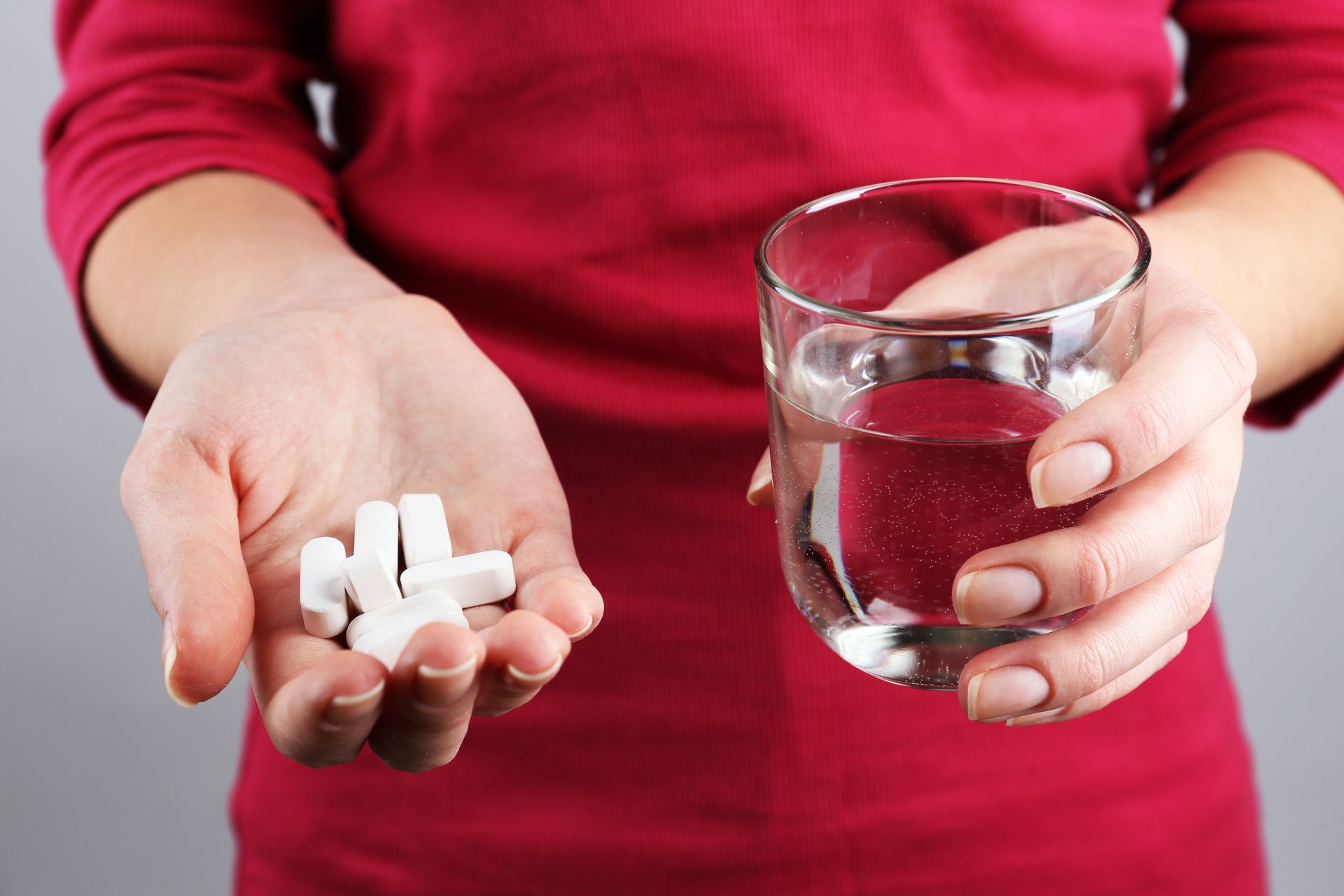
If you’ve been taking calcium or vitamin D supplements in hopes of warding off a bone fracture, you might be wasting money.
A recent study of data on more than 51,000 people found that taking these supplements was not associated with a lower risk of fractures in people over age 50. It was published in JAMA, a journal of the American Medical Association.
Researchers examined the results of 33 different clinical trials. They were all randomized trials that compared taking calcium, vitamin D or both with taking a placebo or no treatment. Researchers primarily looked at hip fractures, but also looked at spinal fractures and other nonspinal fractures.
The researchers concluded that their findings do not support the routine use of calcium or vitamin D supplements in older people. They also note their findings were generally consistent regardless of variables in trial participants, including:
- Calcium or vitamin D dose
- Dietary calcium intake
- Concentration of vitamin D in the blood
- Fracture history
- Sex
What it means for you
The findings of this study do not necessarily mean folks who currently take calcium or vitamin D should stop taking those supplements. You should always consult your doctor before starting or stopping supplements.
In this case, you should also consult your latest blood work results, or ask your doctor to draw blood to measure your calcium and vitamin D levels. Blood work will give you black-and-white numbers on which to base decisions about these two supplements, among others.
I keep copies of all of my blood work results and suggest others do the same. It’s a habit I learned from my dad — a doctor — and one I learned the value of while working in health care.
Keeping copies of your blood work and other medical tests can help you take a more proactive role in your own health care. It’s also handy to have copies on hand when seeing a new doctor.
If it turns out you are in need of extra vitamin D, check out “11 Natural Ways to Boost Your Vitamin D — and Why You Should.”
So, what’s your take on this news? Share your thoughts below or on our Facebook page.




Add a Comment
Our Policy: We welcome relevant and respectful comments in order to foster healthy and informative discussions. All other comments may be removed. Comments with links are automatically held for moderation.